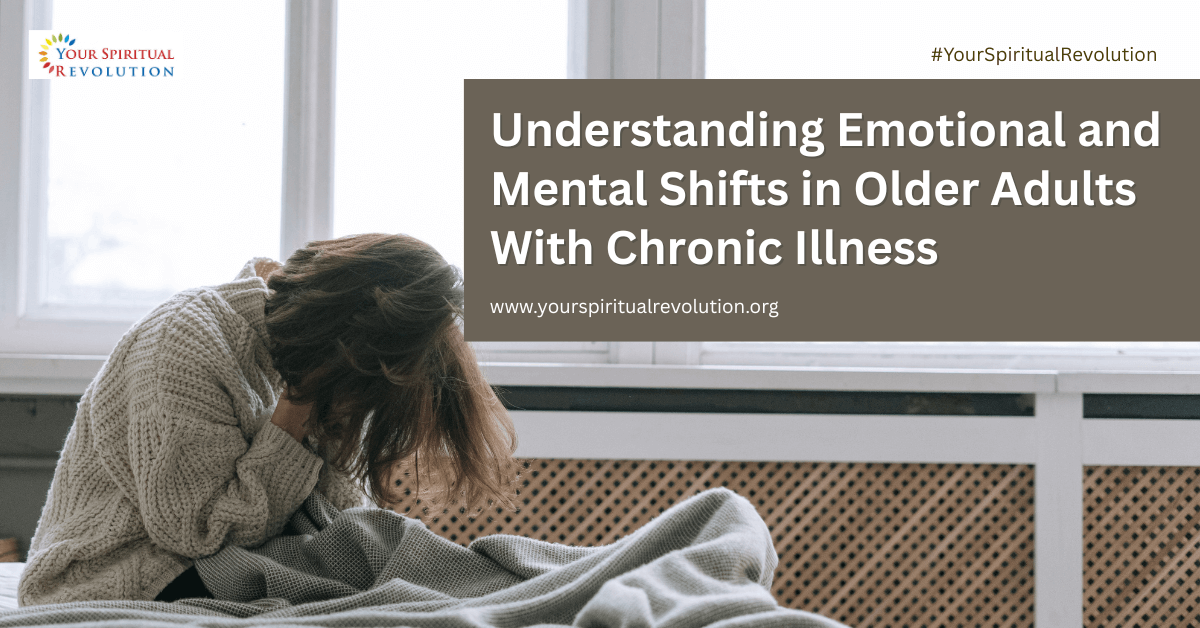

Many areas of our lives can be easily attributed to our professional success and subjective well-being, so it’s important to consider the relationships between them.
For example, personal issues may occupy our mind while we’re at work, leading to a loss in productivity and engagement—and possibly even job loss. Focusing on personal wellness and mending these issues can allow us to improve our performance at work. Similarly, stress at work can lead to irritability and the inability to focus. We can combat this through both emotional wellness—and learning to control our emotions—and physical wellness—such as going on a run to improve our mood.
We don’t always have to be living in a holistic wellness state, but we do need to create awareness for ourselves to understand when we are in that state and when we are not. Tools like the self-care wheel can reveal areas for improvement in our lives. While it’s common to focus on areas like physical or personal wellness, spiritual wellness is usually the least often discussed—through a crucial component of holistic wellness.
Spiritual wellness involves finding your life’s meaning and purpose and understanding the values, beliefs, and morals that guide your actions.

Why is spiritual wellness important?
Based on the benefits listed above, we can enjoy a prosperous life. Being more connected to our life purpose and values grounds us into who we are as individuals. This grounding can manifest in a better relationship with ourselves and others around us. Gaining a deeper connection to self leads to increased self-awareness, which supports how we think and behave.
Slowing down and being mindful are benefits of spiritual wellness. Mindfulness supports us to be more present and focus on the moment. Mindfulness is a tool to practice our faith (our connection to The Divine) and helps us be more self-compassionate and better cope with adversities. Our choices in life are more resonant with who we are as individual humans and when we respond to any situation, we respond with less reactivity and more creativity.
What is spiritual fitness?
Embracing spiritual wellness practices in our life builds our spiritual fitness. Spiritual fitness is the overall health of our spirituality. It’s a way of living according to what motivates us and engages us in life.
Spiritual wellness is a part of balancing your life. When you take the time to care for your spiritual health as part of a holistic wellness approach, you can reach the promotion, delegate responsibilities, be an inclusive leader, and set up goals aligned with your new role with more ease. And you can live a meaningful life connected to your core values, beliefs, and morals.0



































































Pranic Healing is an intriguing form of energy healing that draws from ancient traditions to

Introduction Caring for an older adult with a long-term autoimmune condition can be emotionally complex.

Manifestation, rooted in the New Thought movement, is the powerful concept of transforming desires into

The Law of Attraction is a compelling New Thought philosophy suggesting that our thoughts and

Mudras, symbolic gestures predominantly performed with hands and fingers, hold deep significance across Hinduism, Jainism,
| Cookie | Duration | Description |
|---|---|---|
| cookielawinfo-checkbox-analytics | 11 months | This cookie is set by GDPR Cookie Consent plugin. The cookie is used to store the user consent for the cookies in the category "Analytics". |
| cookielawinfo-checkbox-functional | 11 months | The cookie is set by GDPR cookie consent to record the user consent for the cookies in the category "Functional". |
| cookielawinfo-checkbox-necessary | 11 months | This cookie is set by GDPR Cookie Consent plugin. The cookies is used to store the user consent for the cookies in the category "Necessary". |
| cookielawinfo-checkbox-others | 11 months | This cookie is set by GDPR Cookie Consent plugin. The cookie is used to store the user consent for the cookies in the category "Other. |
| cookielawinfo-checkbox-performance | 11 months | This cookie is set by GDPR Cookie Consent plugin. The cookie is used to store the user consent for the cookies in the category "Performance". |
| viewed_cookie_policy | 11 months | The cookie is set by the GDPR Cookie Consent plugin and is used to store whether or not user has consented to the use of cookies. It does not store any personal data. |